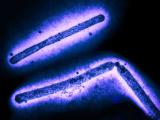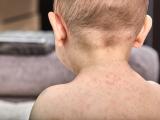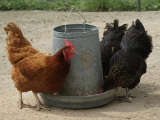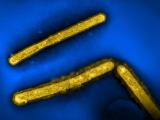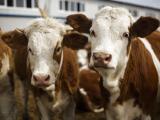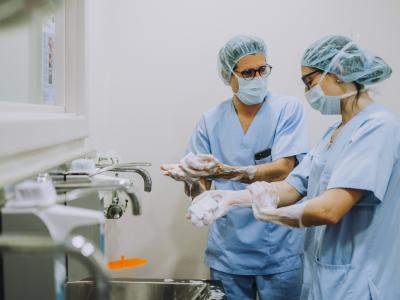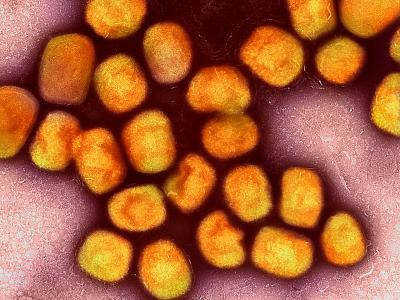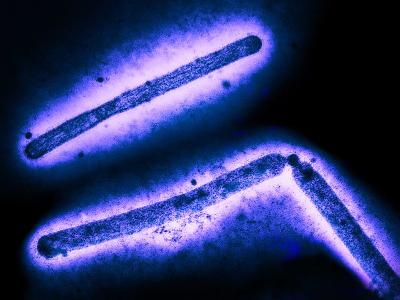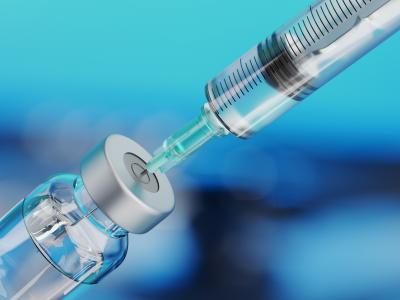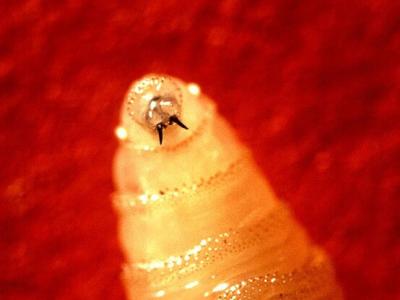China reported six more H7N9 avian flu infections this week, down from 10 reported last week but showing further signs of ongoing virus circulation during the summer months when few or no human cases are typically recorded.
In its regular update, Hong Kong's Centre for Health Protection (CHP) said the six cases were reported from Jun 23 to Jun 29, with illness onsets ranging from Jun 11 to Jun 23, a sign that the outbreak is ongoing.
Patient ages ranged from 4 to 72. H7N9 infections in children are relatively rare in China. All but one of the patients had been exposed to poultry or live-poultry markets before their symptoms began.
First local cases in Yunnan province
Four of the patients are from Yunnan province, located in far southwestern China near the border with Vietnam, Laos, and Myanmar. Those four cases appear to be the first locally acquired infections in the province, FluTrackers, an infectious disease news message board, said yesterday when it flagged a local media report on the four cases.
Earlier this year, two people were hospitalized for H7N9 infections in Yunnan province, but the patients—a mother-daughter cluster—were thought to have been exposed to the virus in Jiangxi province.
The other case-patients covered in today's CHP update are from Guizhou province, also in the southwest, and Shanxi province in the north, reflecting the wide geographic distribution of cases that has been the hallmark of China's fifth and biggest wave of H7N9 activity.
So far this season the country has reported at least 755 cases, at least 208 of them fatal.
Taiwan vaccine trial findings
In other H7N9 developments, a research group from Taiwan this week reported that a phase 1/2 trial of an inactivated cell-culture H7N9 vaccine was immunogenic and safe in adults ages 20 to 60 years old. They reported their findings in an early online edition of Vaccine.
The team noted that although four other early-phase clinical trials of H7N9 vaccines have recently been published, theirs is the first report of an H7N9 candidate vaccine evaluated in Asia where the virus emerged and is causing the highest disease burden.
The study included 40 adults in the phase 1 part of the trial and 160 in the phase 2 portion. Participants were randomized to receive two doses of whole-virus H7N9 vaccine 3 weeks apart, at two different antigen dosages—15 or 30 micrograms—with or without aluminum hydroxide adjuvant. The study was funded by Medigen Vaccine Biologics, based in Taiwan.
Higher immune responses were seen in people who received the 30-microgram doses, especially the ones who got the adjuvanted vaccine.
Most adverse events were mild and transient, and no serious ones were reported.
The researchers noted that the advantages of cell-based manufacturing, including a more rapid start-up time, and the findings of their study build a case for its consideration and further study as a mock-up vaccine for pandemic preparedness.
See also:
Jun 30 CHP update
Jun 29 FluTrackers thread
Jun 28 Vaccine abstract



